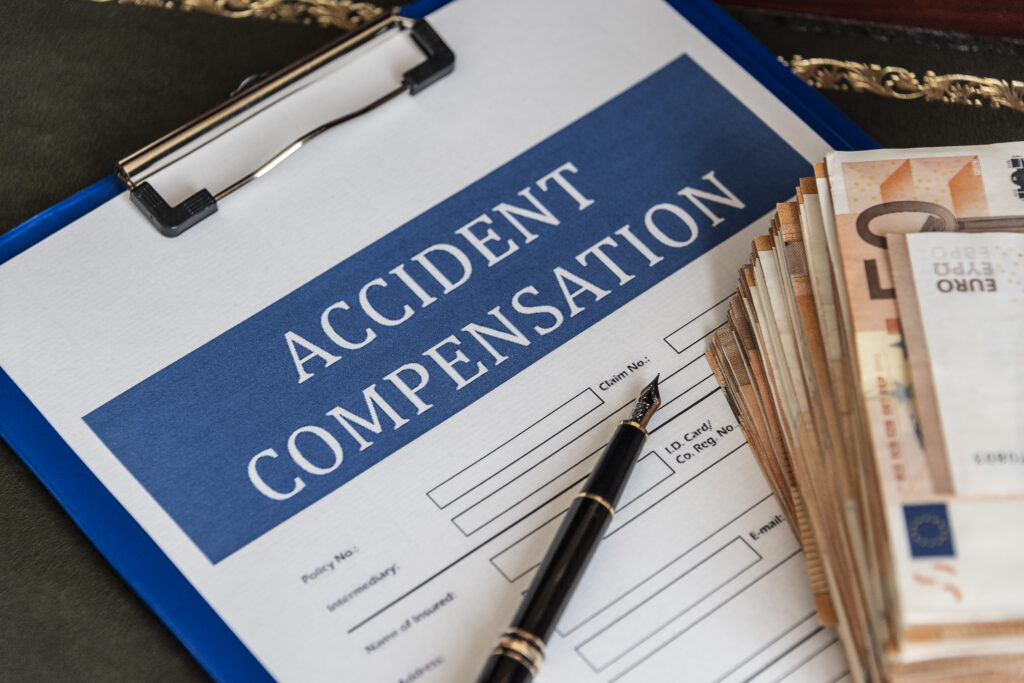
If you’ve been injured in an accident in Texas, one of your first questions might be: “How much can I expect from a personal injury settlement?” The answer depends on several factors unique to your case. While there isn’t a fixed amount for personal injury settlements, understanding the key components that influence these payouts can help you set realistic expectations and guide you through the claims process. For more detailed insights, visit Injury Assistance Pro to explore resources tailored to personal injury cases.
Understanding Personal Injury Settlements in Texas
A personal injury settlement is compensation awarded to a victim to cover damages caused by someone else’s negligence or intentional actions. These damages typically fall into two main categories:
- Economic Damages: Tangible costs like medical bills, lost wages, and property damage.
- Non-Economic Damages: Intangible impacts such as pain and suffering, emotional distress, and reduced quality of life.
To learn more about these types of damages and how they’re calculated, check out the detailed guides on Injury Assistance Pro.
Average Settlement Amounts
While the average personal injury settlement in Texas can range anywhere from $15,000 to $75,000, cases involving severe injuries or significant negligence can result in much higher payouts. For expert guidance on how settlements are determined, visit Injury Assistance Pro.
Factors That Affect Settlement Amounts
Several factors influence the settlement amount for a personal injury claim in Texas, including:
- Severity of Injuries
The more severe and long-lasting your injuries, the higher the potential settlement. For example, cases involving spinal injuries, traumatic brain injuries, or permanent disabilities often result in substantial payouts. - Medical Expenses
The cost of past, present, and future medical treatment significantly affects settlement amounts. This includes hospital stays, surgeries, physical therapy, and medication. - Lost Wages and Earning Capacity
If your injuries prevent you from working temporarily or permanently, your settlement may include compensation for lost income and reduced earning capacity. - Liability
Texas follows a modified comparative negligence rule, meaning your settlement may be reduced if you are partially at fault. For a detailed explanation, visit Injury Assistance Pro. - Insurance Policy Limits
The at-fault party’s insurance policy limits can cap the amount you receive. If the defendant has low policy limits, you might not receive full compensation unless you pursue additional legal action. - Pain and Suffering
Compensation for emotional distress, pain, and suffering can significantly increase your settlement, especially if the injury has long-term psychological impacts.
How to Maximize Your Settlement
To ensure you receive fair compensation for your personal injury case in Texas, consider these steps:
- Seek Medical Attention Immediately
Prompt medical care documents your injuries and demonstrates their seriousness. - Consult a Personal Injury Lawyer
An experienced attorney will help you navigate the legal process, negotiate with insurance companies, and maximize your settlement. Find trusted legal partners at Injury Assistance Pro. - Preserve Evidence
Collect photos, videos, witness statements, and medical records to support your case. - Avoid Settling Too Early
Insurance companies may offer a quick settlement to minimize their payout. Consult your lawyer to ensure the amount covers all your damages. - Be Patient
Larger settlements often require time and persistence, especially if the case goes to trial.
FAQs
1. Can I still receive a settlement if I’m partially at fault?
Yes, Texas follows the modified comparative negligence rule. As long as you are less than 51% at fault, you can recover damages, but your settlement will be reduced by your percentage of fault.
2. How long does it take to settle a personal injury claim in Texas?
Settlement times vary but typically range from a few months to over a year, depending on the complexity of the case and whether it goes to trial.
3. Do I need a lawyer to handle my personal injury claim?
While not legally required, hiring a lawyer can significantly increase your chances of securing a higher settlement and navigating complex legal processes. Visit Injury Assistance Pro to connect with expert attorneys.
4. What happens if the at-fault party has no insurance?
You may be able to file a claim against your own insurance policy if you have uninsured/underinsured motorist coverage or pursue a personal lawsuit against the at-fault party.
5. Can emotional distress be included in my settlement?
Yes, non-economic damages like emotional distress and pain and suffering can be included, especially if the injury impacts your mental health or quality of life.
Conclusion
While the average settlement for personal injury cases in Texas falls between $15,000 and $75,000, your specific compensation will depend on factors like the severity of your injuries, liability, and the skill of your legal representation. By understanding these elements and seeking professional legal guidance from resources like Injury Assistance Pro, you can position yourself for the best possible outcome.